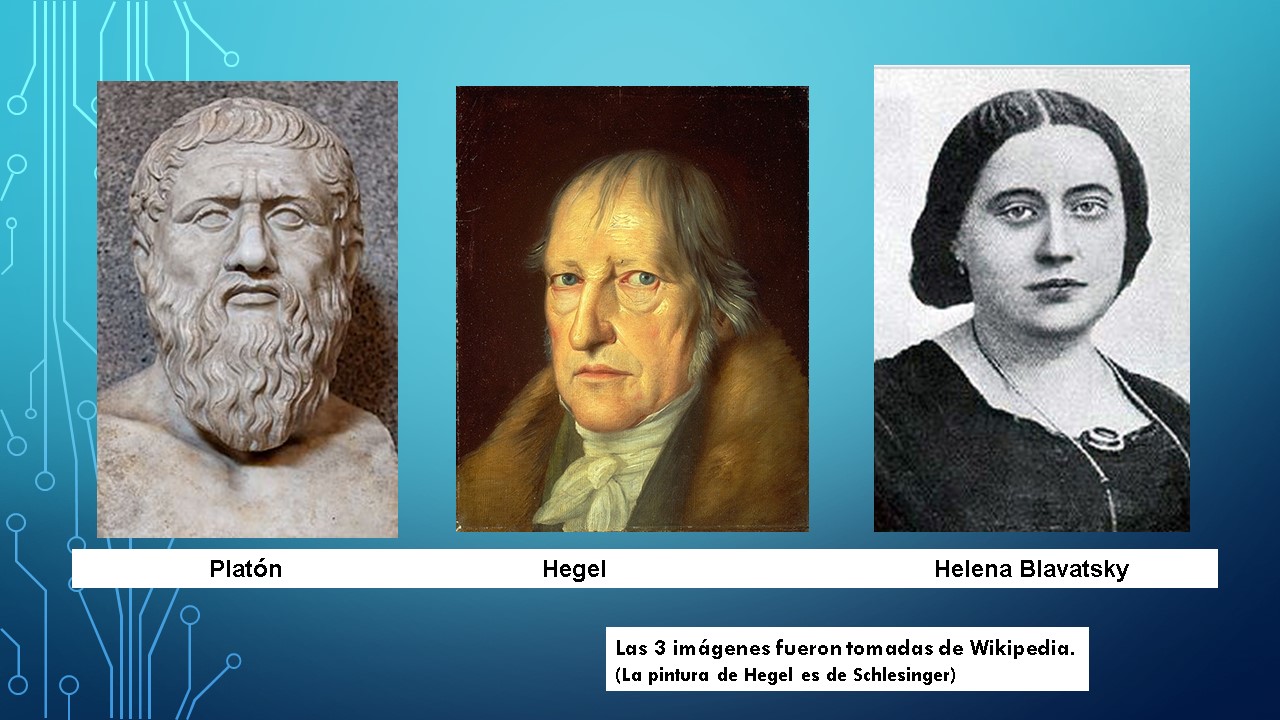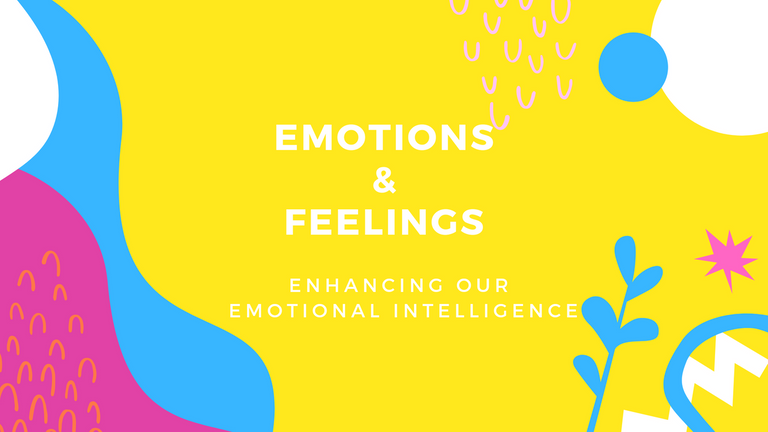
Si bien es cierto que la ciencia honra lo material, los fenómenos naturales y las relaciones sociales reales, también es cierto que incluye temas inmateriales (o por lo menos, "no directamente materiales") como es el campo de la matemática, la lingüística y conexos, la psicología, en fin). Siendo así el asunto, cobra sentido hacerse en serio la pregunta que está inmersa en el título de este artículo académico. Accedan...
While it is true that science honors the material, natural phenomena, and real social relationships, it is also true that it includes immaterial (or at least "not directly material") topics such as the fields of mathematics, linguistics, and related, psychology, finally). This being the case, it makes sense to seriously ask the question that is immersed in the title of this academic article. Access...
Not only in the manuals of the USSR Academy of Sciences and in the so-called "classical books of Marxism" of the 19th and 20th centuries, the perennial theme of the struggle between idealism and materialism turned out to be a true constant in academic discussion . That theme was, therefore, unavoidably assumed both in elementary schools and in advanced academies at the request of all hemispheres. The variety of books published and used in this regard was extensive.
Today, that discussion about the complex relationship between materialism and idealism, seen this way -as the thing was focused on in the recently mentioned texts-, has changed its form; but not in the background. Yes. Apparently that Manichaean pugilism that used to arise between one vision and another, has been left behind; it is seen as old-fashioned, old-fashioned. Still, live! She lives covered in veils, in euphemisms, in ideological manipulations of a new type; but lives.
-LET'S SEE (EVEN BRIEFLY) THE REFERENCES OF THE IDEALIST PHILOSOPHIES OF BOTH PLATO (427/274 ) AND HEGEL (1770/1831):
As is known, both Plato and Hegel stated (in their respective contexts) that there was a dimension made up of ideas, of abstraction, of thought, which was closely related to objective reality. So close was the relationship that one could not exist without the other. Plato identified the matter with a topus uranus in whose (abstract) corporeality resided not only "the truth" but "the good." Hegel argued that the nature of the human had a bill of thought. Such an abstract stamp of the human moved contradictorily (that is, dialectically) through time.
Both in the philosophy of Plato and in the philosophy of Hegel we find that the eidetic is not an accessory entity, but rather inevitable, essential, determining. The analyzes frequently made by historians of Western philosophy are not simplistic, when they identify both the Greek thinker Plato and the German thinker Hegel, as incunabulous references of idealism, of abstractionism...
-LET'S SEE NOW (ALTHOUGH IT IS ALSO BRIEFLY) THE REFERENCE TO A CURIOUS IDEALIST PHILOSOPHY OF THE PAST CENTURY (AND THAT NOW CERTAIN COMMUNICATION MEDIA "DUST OFF" IN PLAN OF ASSIGNING IT A "SCIENTIFIC" CONNOTATION):
In the 19th and 20th centuries it achieved some figuration in the West (bringing winds from Russia) which called itself "theosophy"; also "anthroposophy". This wave of conceptions was associated with the work of many thinkers(1), among whom stood out an interesting lady capriciously named Helena Blavatsky(2). We say "whimsically" since her real name was Helena von Hahn (Russian, 1831/1891), making permanent the last name of a Russian citizen with whom she once briefly married.
The militants of the anthroposophist philosophy maintain that there is a natural abstract platform (eidetic, of thought) in whose body resides all, all!, past, present and future culture. It must be such an entity, humanity made culture and as it, made idea, made emotion, made language. Such a dimension is called by these thinkers: akasha. (This philosophical category, akasha, has deep and remote Hindu, Jain, Buddhist roots...). Interestingly, more than one of the representatives of this current of thought have maintained that they "know" that there are specific personalities whose integral development is so high that they would have accessed that Akashic dimension. Yes; they would have accessed that cloud "demonstrating" that it transcends all notions of past, present and future; as well as limits of notions, emotions and symbols. It should be added that such versions have been continuously subjected to disqualifications...
-DOES IT MEAN ANYTHING FOR ALL THIS SUBJECT, THE APPEARANCE OF THE INTERNET (AND THE BLOCKCHAIN!) AND ALL THE GLOBAL STABILIZATION THAT THIS INCREASINGLY CARRIES WITH IT?
It is unfortunate that they are used in the store where "eye covers for knowledge" are sold, the equal gringolas which, on the one hand, serve to stop seeing that Marx was the leader who dismantled the abstractionist and historicist philosophy of Hegel , in order -thus- to realize that the nature of the human does not have an abstract-historicist character but a material-historicist character. The gringolas we are talking about -with regret-, on the other hand, serve to stop seeing the enormous meaning that for contemporary culture embodies today not only the internet but also the blockchain associated with it.
Good. It must be said that with the critical heuristics that Marx gives to idealist, historicist and dialectical philosophy! of Hegel, on the one hand materialist, historicist and dialectical philosophy is fertilely stabilized!, and on the other hand, it embodies the birth and development of science on the human. It must also be said that the qualification that the internet and the blockchain make in terms of the globalization of culture, carries with it "a before and after" in terms of the development of culture and the culture of development.
With the internet and blockchain, can idealism be made "scientific"? Well... We think at this point in the historical game (with internet and blockchain incorporated with unusual noise), that as long as "the concrete remains the concrete" (as Marx said), there is no idealism that can be scientific. It is that dialectical materialism is so fertile that even to forge poetry, not only is a human being made a specific person necessary, but also the social relationship (real, material) that made it and makes it possible. Ah... you need the paper, the ink, the computer, all of which is matter. Matter transfigured into poetry...
__________
https://pixabay.com/es/illustrations/una-pregunta-no-s%c3%a9-duda-bien-4017798/

Su post ha sido valorado por @goya
Agradecido.
¡Has sido votado manualmente por la Nueva comunidad Emotions & Feelings! Te felicitamos @alexandermoreno . Sigue haciendo tu trabajo de calidad.

¡Mil gracias!